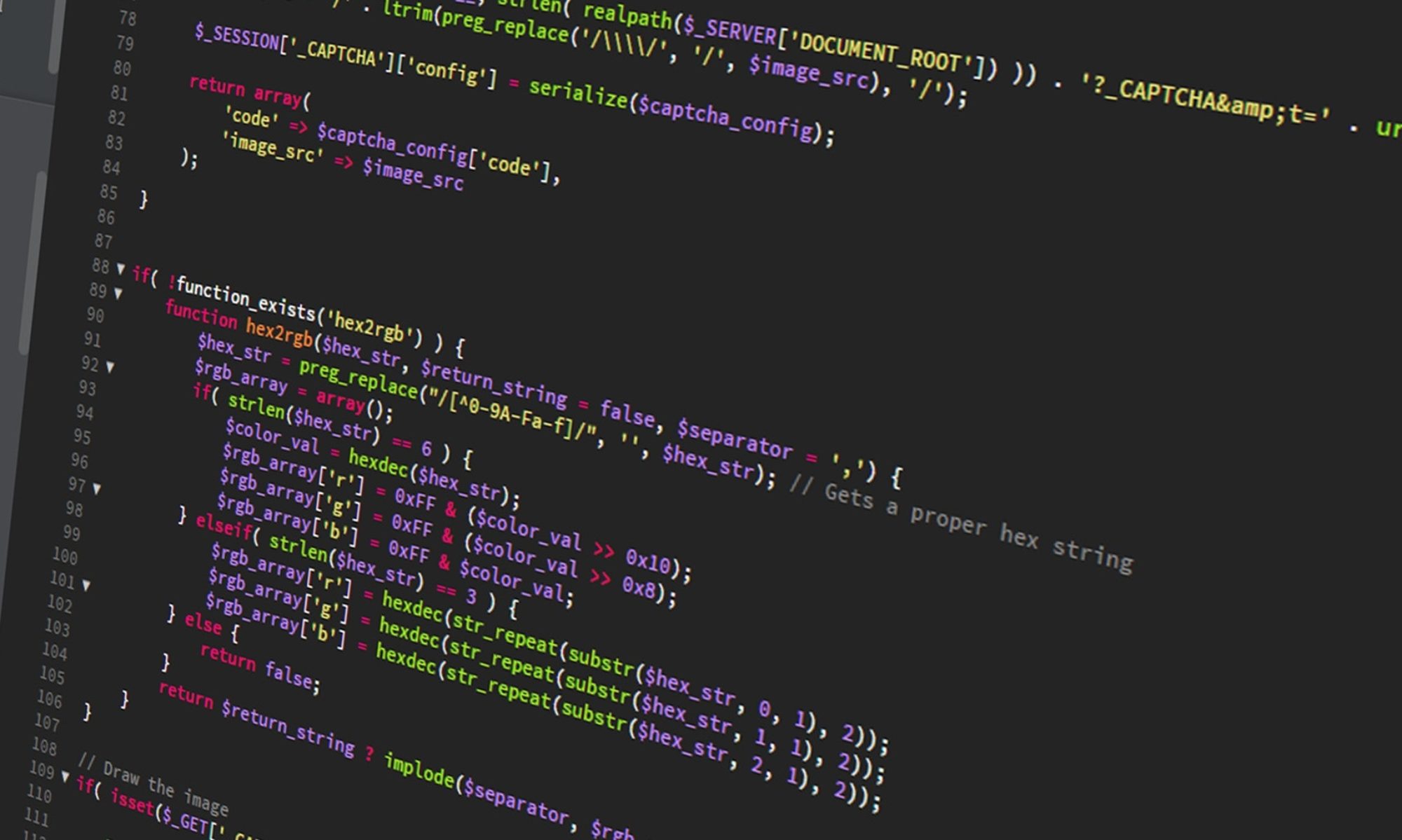The VBScript code to perform the insertion into the event log is shown below. Please note that the “event_type” input variable will only take the following three values, in upper case letters:
- “ERROR” – Use when logging a problem
- “WARN” – Use when logging a minor issue
- “INFO” – Use when logging miscellaneous information
When we run the example code further below, we will find the log as seen here.

Example Code
''''''''''''''''''''''''''''''''''''''''''''''''''''''''''''''''''''''''''''
' Description: This sample code demonstrates how to log information
' to the Windows application event log
' Author: C. Peter Chen, http://dev-notes.com
'
' Note: Allowable event_type values:
' "ERROR" - Use when logging a problem
' "WARN" - Use when logging a minor issue
' "INFO" - Use when logging miscellaneous information
'
' Revision History:
' 1.0 20090310 Original release
''''''''''''''''''''''''''''''''''''''''''''''''''''''''''''''''''''''''''''
option explicit
sub logWindowsEventViewer(event_type, event_text)
dim WshShell, tp
select case event_type
case "ERROR"
tp = "1"
case "WARN"
tp = "2"
case "INFO"
tp = "4"
case else
tp = "0"
end select
set WshShell = CreateObject("WScript.Shell")
wshshell.Logevent tp, event_text
set wshshell=nothing
end sub
' Usage example:
dim event_type, event_text
event_type = "ERROR"
event_text = "Application error: GUI crashed!"
call logWindowsEventViewer(event_type, event_text)
